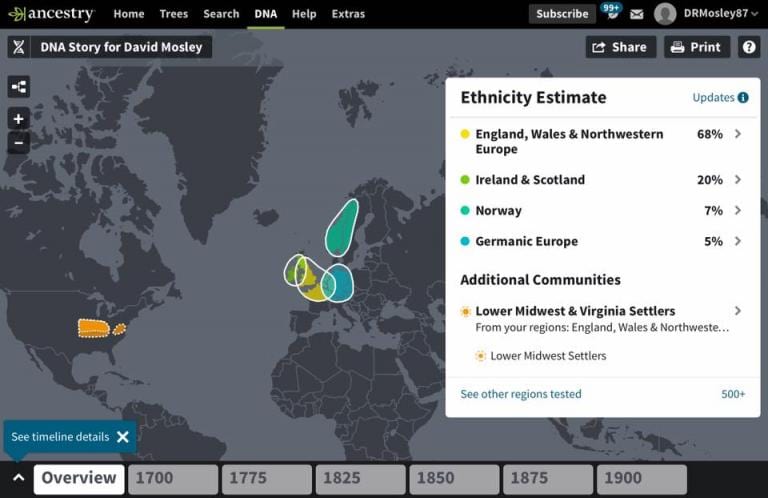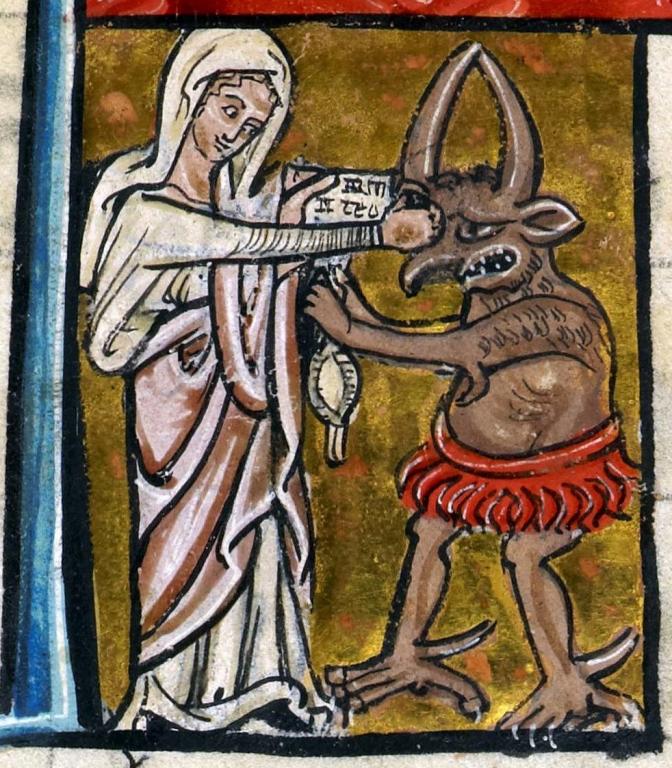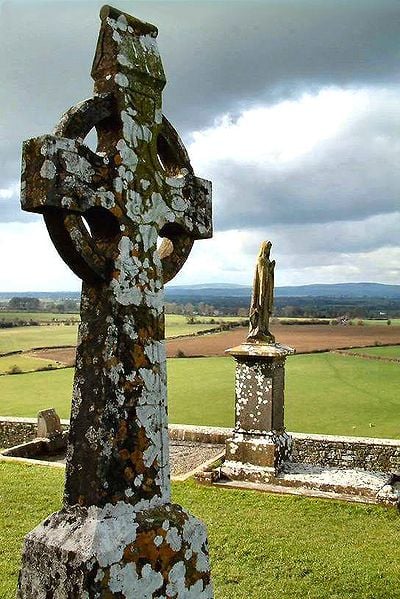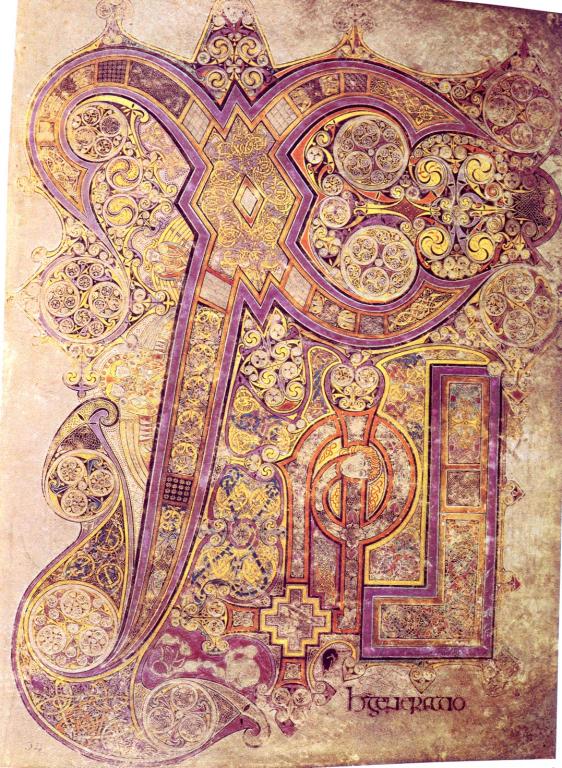Ordinary Time
Feast of Sts. Cyril and Methodius
The Edge of Elfland
Concord, NH

Dearest Readers,
Last Christmas, I received one Ancestry.com’s DNA kits as a present. Recently, the analysis was updated making me now 68% Welsh/English/Northwestern Europe and 20% Irish/Scottish. Reflecting on my biological ethnicity has led me to think on my spiritual ethnicity. Many traditions have formed my spiritual make-up. And this is good, I think. I know that to some of my fellow Catholics, these categories may seem wrong. Some may even think of me as some kind of heretic, but the truth is we are one Church, whether we all recognize it or not.
Anglican/Medieval English Catholic 47%
The majority of my spiritual ethnicity can be found in English Spirituality, both pre- and post-Reformation. C.S. Lewis is one of the authors who has influenced me more than any other. And while he was Irish, and perhaps two-thirds Medieval himself, he is still, at the end of the day, thoroughly Anglican. His ecumenical approach to the faith, which he called “mere Christianity” is one I often share. But Lewis isn’t the only reason for my “Anglicanism”. As many of you know, I lived and studied in England for three years and even began, briefly, the process of ordination in the Church of England. I studied under Dr. Simon Oliver and was heavily influenced by Drs. Alison and John Milbank, all well-known for their Anglicanism. Of course, what I love most about the Church of England (after the prayer book) is the connection between the Anglican Church and the land of England. And this is where my ethnicity shifts from Anglicanism to Medieval English Catholicism. The churches I loved there were often Medieval in origin. The practices I wish we’d return to, like Lammas or Plough Sunday, are as well. But there is something decidedly English about my approach to the faith, and this, I believe, forms the foundation of my spiritual ethnicity.
Eastern Orthodox 25%
My introduction to the early Church, and thus to Catholicism, came first through Greek or Eastern ancient theologians. I cut my teeth on Gregory of Nazianzus and Basil of Caesaria. Through my love for John Cassian too, was I led East and discovered Met. Kallistos Ware, Fr. Andrew Louth, Vladimir Lossky, Schemmann, others. It was these figures who led me to deification or theosis and so, ultimately, to my dissertation. I think, quite frankly, there was a chance I could have become Orthodox were it not for the Englishness of my faith.
Irish/Welsh or “Celtic” Christianity 18%
Now the smallest part of my spiritual ethnicity, my journey to the Catholic Church would never have existed were it not for the peculiarities (some real and some imagined) of “Celtic Christianity.” Before Nazianzen or Cassian, I was reading Esther de Waal and St. Patrick (not actually Irish himself) and the Carmina Gadelica. I read stories about St. Kevin, St. Brigid of Kildare. I read songs and poems and incantations and prayers meant to guide and guard one throughout the day. It was these stories, along with a lifetime of reading Lewis and Tolkien, that started me on the sacramental path, that showed me a deeper way of seeing and encountering reality. The number is small because I moved away from these texts and figures and onto the others mentioned above. But without this part of my spirituality, I would not be the Catholic I am today.
This is, despite it adding up to 100%, an incomplete picture of my spiritual ethnicity. The importance Dante and Boethius have come to have for me do not find a home in any of these categories, except perhaps Medieval English Catholicism. But this is because I found my way to those and other texts (like Aquinas’ Summa or the works of Augustine) through these aspects of my spiritual ethnicity. My reading of them is informed by these foundational aspects of myself. Easily too, could I have labeled myself a Platonist/Neo-Platonist or simply Medieval/Medievalist (combining the actual era with those later figures like William Morris who thought they were being Medieval, but were not). And perhaps more reflection will, like my genetic ethnicity, reveal new or deeper truths. Still, I think it helpful to know who I am and how that shapes my approach to the faith.
Sincerely,
David Russell Mosley











